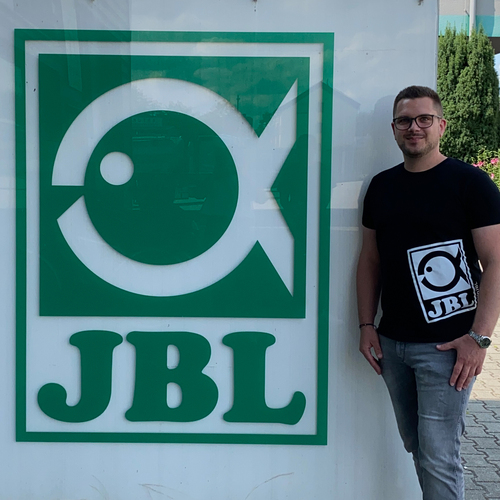Three striking mountains - the "Cerros de Mavicuri", in the Guayana Shield in eastern Colombia - extend directly along the Rio Inirida. Only 50 km from the town of Puerto Inirida, live indigenous peoples in a stunning landscape - the habitat of multiple ornamental fish. Blackwater, tropical rainforest and the three mountains "Little Bird", "Monkey" and “Mavicuri"(as they are called in translation), form the theme of this episode.
#jblexpedition
In Episode #02 of TROPENFIEBER - Hobby meets Nature, Dr Verena Wilhelmi gives us an unforgettable insight into the area around Mavicure. Taking part in the JBL expedition in November 2022, she experienced life with the indigenous peoples right at the foot of the three mountains, and took the opportunity to search for ornamental fish, spiders, snakes and insects in the surrounding area. She will tell you about her numerous discoveries and impressions. Her ascent of the middle hill, at an altitude of almost 500 metres, revealed numerous other species and a great overview of the landscape.
Apart from these many particulars, you’ll also learn a lot about the daily routine on an expedition, the food and the accommodation. The 48 hours on site rewarded us with so many impressions and Verena will pass them on vividly.
Further links
Travel report of the second Colombia expedition (available from Feb. 28, 2023): Colombia Expedition II
Dr Verena Wilhelmi on Linkedin: https://de.linkedin.com/in/verena-wilhelmi-2840b7109

